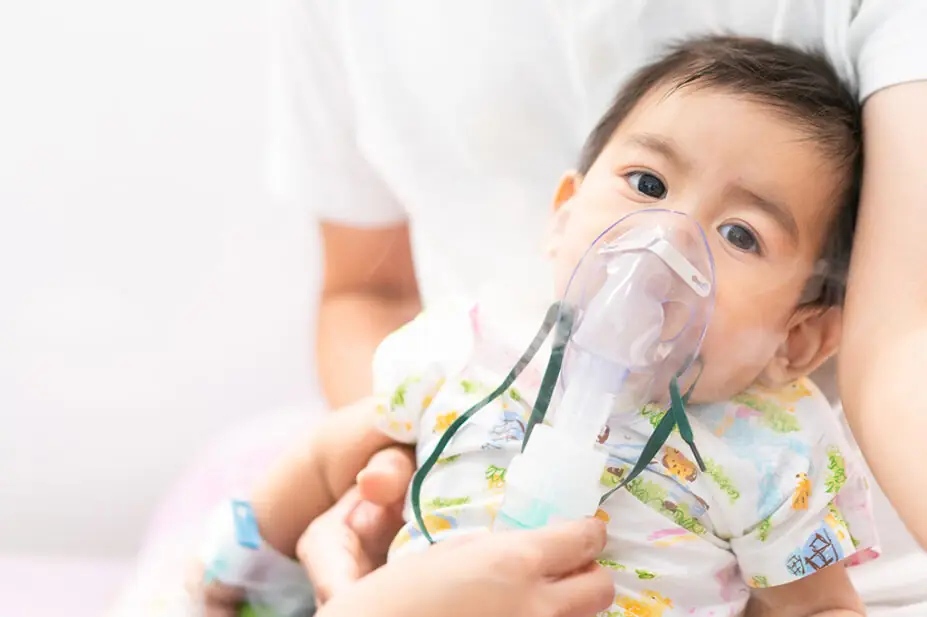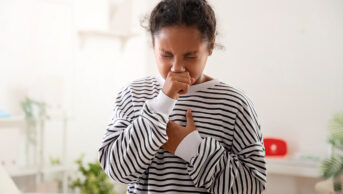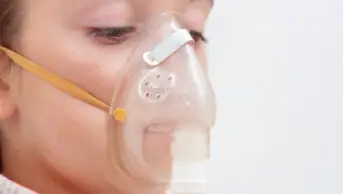
Shutterstock.com
Monoclonal antibody nirsevimab “provides strong real-world protection” against severe respiratory syncytial virus (RSV) in infants, a meta-analysis has found.
The study, published on 1 May 2025 in The Lancet Child and Adolescent Health journal, analysed 27 studies conducted during the 2023/2024 RSV season across five countries: France, Italy, Luxembourg, Spain and the United States.
The meta-analysis found that, on average, nirsevimab reduced the risk of hospitalisation related to RSV infection by 83%, intensive care admissions by 81% and instances of lower respiratory tract infections by 75% in children aged 12 months and under.
Nirsevimab was also associated with higher effectiveness in preventing RSV-related hospitalisation in infants aged over three months (81%), compared with those aged three months or younger (76%), the study revealed.
However, length of hospital stay did not differ between the nirsevimab and control groups.
The authors of the study said the findings confirmed that “the reduction in rates of severe RSV infections observed in clinical trials of nirsevimab can also be achieved in national rollouts of the antibody injection”.
The findings also supported the use of nirsevimab as “a critical intervention” for preventing RSV disease and severe outcomes among infants, the authors added.
RSV is a leading cause of serious respiratory illness in young children, particularly in the first six months of life.
Each year in the UK, RSV accounts for around 30,000 hospitalisations in children aged under 5 years and is responsible for 20–30 infant deaths.
Commenting on the study, Dan Hawcutt, a paediatric clinical pharmacologist at the University of Liverpool and honorary consultant in paediatrics at Alder Hey Children’s Hospital and a principal investigator on a UK-based nirsevimab study, said: “This emerging evidence about the real-world impact of nirsevimab is very exciting, with this meta-analysis showing a large decrease in admissions to hospital (>80%).
“If this were replicated in the UK, it would represent a huge change in the seasonal surge of babies admitted, with potential knock-on beneficial effects beyond the immediate health of babies and the impact on families of having an extremely poorly baby. It would likely reduce winter pressures in paediatric wards, and it is easy to imagine benefits in, for example, improved ability of trusts to delivery elective procedures due to this increased capacity.
“These positive results must be balanced against the limitations that the authors acknowledge: namely that the included studies were observational (potentially introducing bias) and that they were unable to conduct subgroup analyses based on gestational age or pre-existing conditions (so it may be working better or less well in some groups). Real-world data is also notoriously poor at capturing adverse drug reactions, and so as UK experience grows, it remains important to be mindful of possible adverse drug reactions and reporting them to the MHRA [Medicines and Healthcare products Regulatory Agency] Yellow Card scheme.”
Sian Gaze, lead pharmacist at London Neonatal Operational Delivery Network, described the findings as “extremely encouraging”.
“We are looking forward to when nirsevimab will be available to infants in the UK and the impact it will have on the incidence of RSV-infections and rates of RSV-associated hospitalisations,” she added.
In November 2022, MHRA approved nirsevimab (Beyfortus; Sanofi) to prevent RSV lower respiratory tract disease in newborns and infants during their first RSV season.
In 2024, the UK rolled out a national RSV vaccination programme for pregnant women and those aged over 75 years.
In April 2025, the Department of Health and Social Care said that a further 200 community pharmacies are set to be commissioned in 2025/2026 to provide RSV vaccines.


